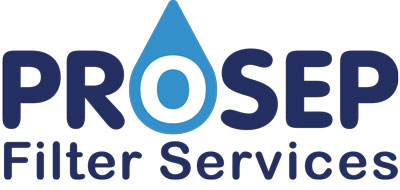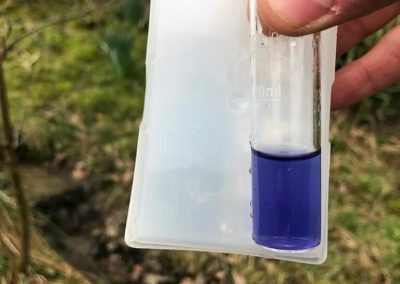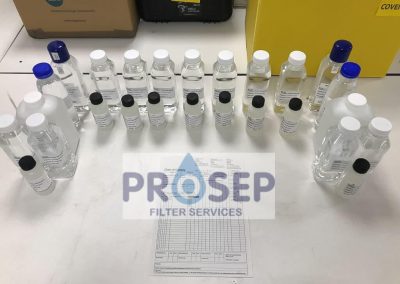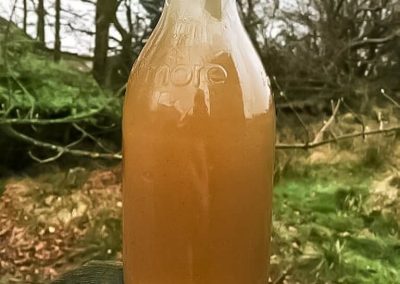Are you buying a house without mains water? Here’s what to do:
If you’re unfamiliar with private water supplies, consider asking the vendor the following:
- What is the source of the water?
- Has the water supply ever run dry?
- Does the quality of the water fluctuate?
- Is it a shared supply? If so, who manages maintenance?
- Are the details in the deeds accurate? Has anything changed since the deeds were created?
- Is there any water treatment in place?
- Has the water been tested? if so, when?
Do I need to test my private water supply?
Yes, private water supplies need to be tested to know exactly how and why the supply fails to meet regulations. Sometimes, a mortgage lender will not lend without proof that the water is safe to drink.
Do I need a water test if it looks clean?
Yes. Many contaminants are invisible and tasteless.
Using UKAS-accredited samplers, like Prosep Filter Services and UKAS Accredited Laboratories ensures you get reliable testing. This will help you find the best cost-effective water treatment solution that lasts.
If you’re a landlord or own a holiday let, you must test your water supply regularly.
buying a house without mains water and have concerns about the water quality of the private water supply, call Prosep Filter Services at 01422 377367 and one of our friendly team will help guide you through your options.
You can find us on social media here



